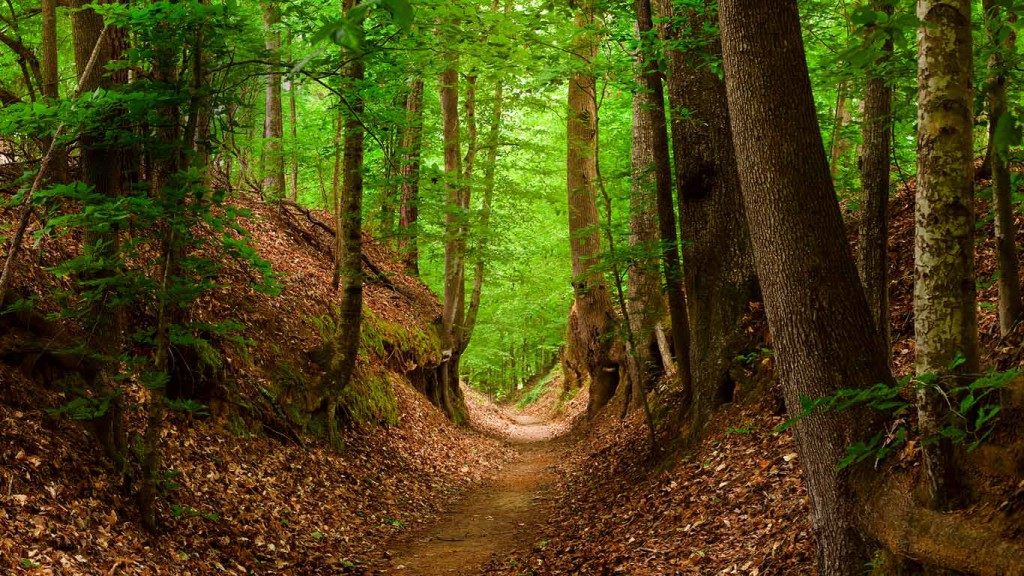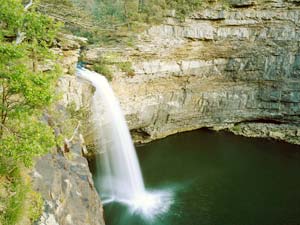Some people get the winter blues or February blahs, I always get itchy spring feet. I can’t wait to go camping and yet it’s still a bit cold in the north for me to brave the cool winter-moving-into-spring weather. Perhaps investing in some warmer winter sleep gear is needed, but sometimes heading out on the road for an adventure to warmer climates is what’s on the menu.
Understandably, warm-winter camping is found mainly on the southern side of the states. So treat yourself to some warm-winter camping and give yourself a thaw.
CALIFORNIA DREAMIN’
Beaches, sunshine, and fun times all along the 1100-mile-long coast of California. With so many options to camp where do you start? The first stop would be a book store to pick up this little gem: California Coastal Commission’s California Coastal Access Guide. “With up-to-date maps and information, it is an invaluable travel guide for all coastal visitors—beachgoers, hikers, campers, swimmers, divers, surfers, anglers, and boaters—detailing where to go, how to get there, and what facilities and environment to expect.” If you miss picking up the book, here are a few sites not to be missed:
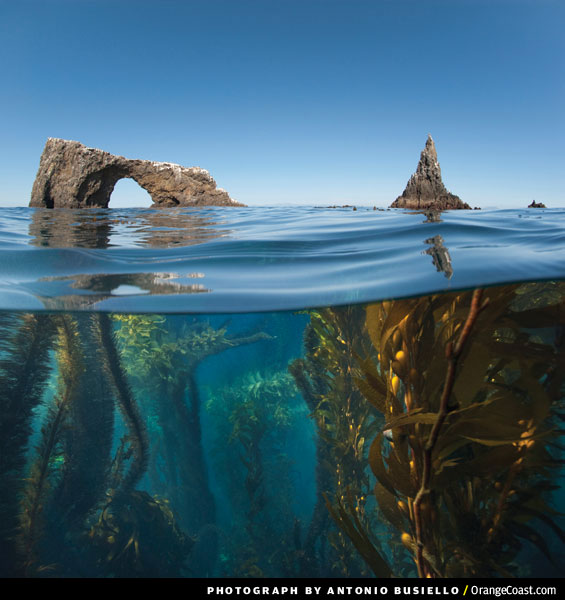
Channel Islands National Park or there are seven state parks between Gaviota and Point Mugu all just offshore from the glamour and glitz of Santa Barbara. Climate is mild year-round and in the winter as many as 50,000 seals and sea lions can be viewed at protected breeding grounds. For more information: nps.gov/chis.
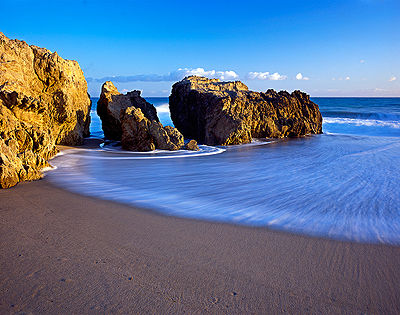
Leo Carillo State Beach is 25 miles up the coast from Santa Monica along highway 1 and offers 1.5 miles of beach, tide pools, caves and reefs to explore. Giant Sycamore trees line the stream-bottomed canyon and provide shade for the campground. For more information: https://www.parks.ca.gov/?page_id=616.
SOUTHERN GEMS
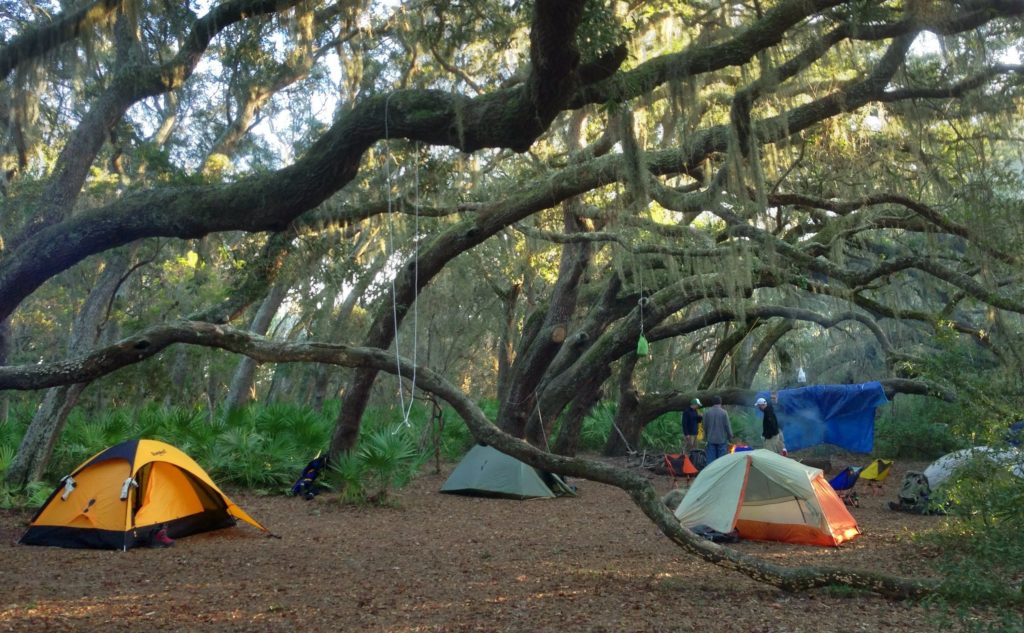
Cumberland Island National Seashore, Georgia is only accessible by ferry but offers 17 miles of clean sand beaches, nearly 20,000 acres for exploring and features saltwater marshes, freshwater ponds, moss-covered forests, and massive dunes. For more information: www.nps.gov/cuis.
The Natchez Trace, Mississippi/Tennessee whose ancient game trail originally connected southern portions of the Mississippi River to central Tennessee salt licks. There are more than 400 miles of protected trail. There are no reservations and no fees to camp here. For more information: https://www.nps.gov/natr/index.htm
UTAH’S DIXIE
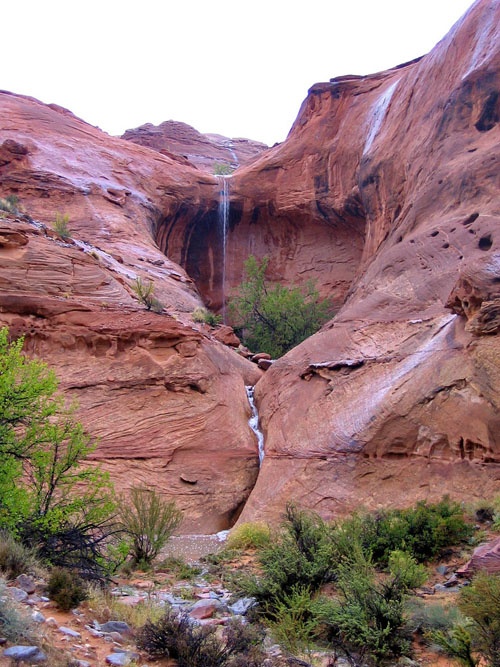
Snow Canyon State Park named for pioneer Erastus Snow is a bit off the beaten path but well worth the travel to see the views. For more information: https://stateparks.utah.gov/parks/snow-canyon/.
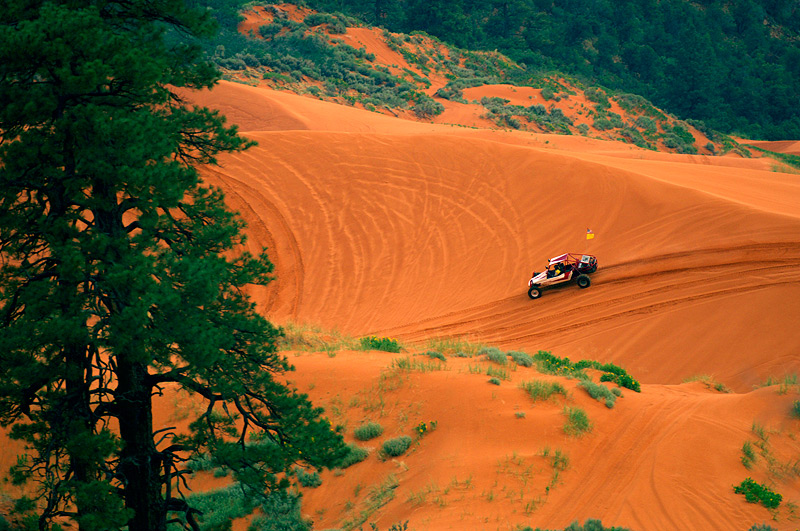
Coral Pink Sand Dunes State Park is a bit higher in elevation, however, is well worth the cooler weather if you are a 4WD or ATV fanatic. And of course, the pink sand. For more information: https://stateparks.utah.gov/parks/coral-pink/.
DESERT VISTAS
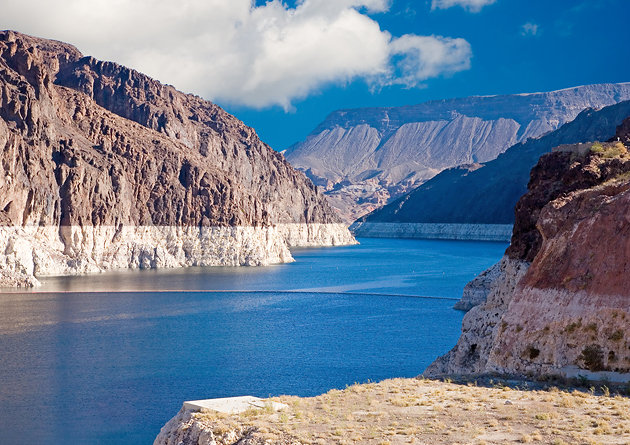
Lake Mead National Recreation Area, Arizona/Nevada. There are just so many options to choose from between Lake Mead and Lake Mohave but a favorite is Boulder Bay. Three of America’s four desert ecosystems — the Mojave, the Great Basin, and the Sonoran Desert — meet here. For more information: https://www.nps.gov/lake/index.htm.
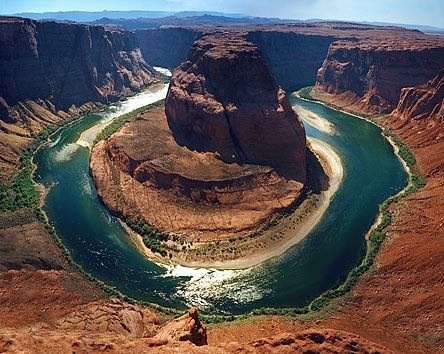
Big Bend National Park, Texas is on the Mexican border, where the Rio Grande makes its “big bend” and is well worth the effort to travel here to experience with 800,000 acres to explore. For more information: https://www.nps.gov/bibe/index.htm.
So get out there and explore the adventures of winter camping in an RV today.
Follow us on facebook.com/usarvrentalscom or on Twitter @usarvrentalscom for promotions and exciting articles about life in an RV!

